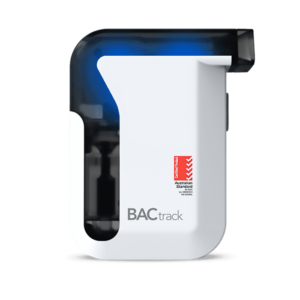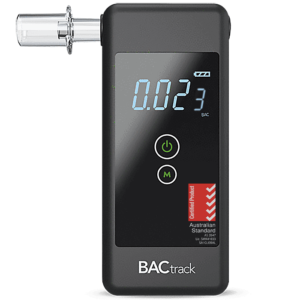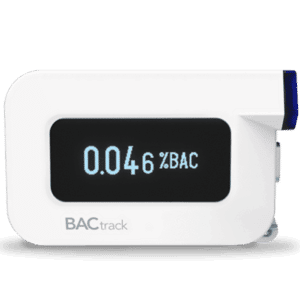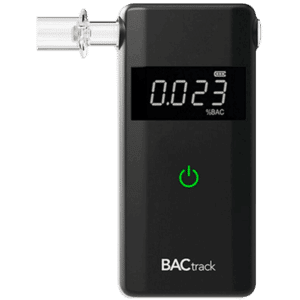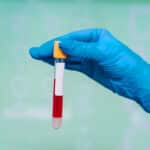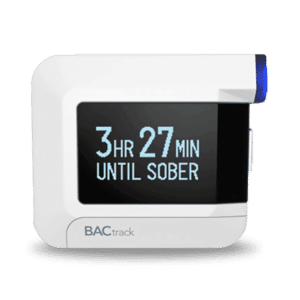Can Weed Be Detected in a Regular Blood Test?
21 March, 2024
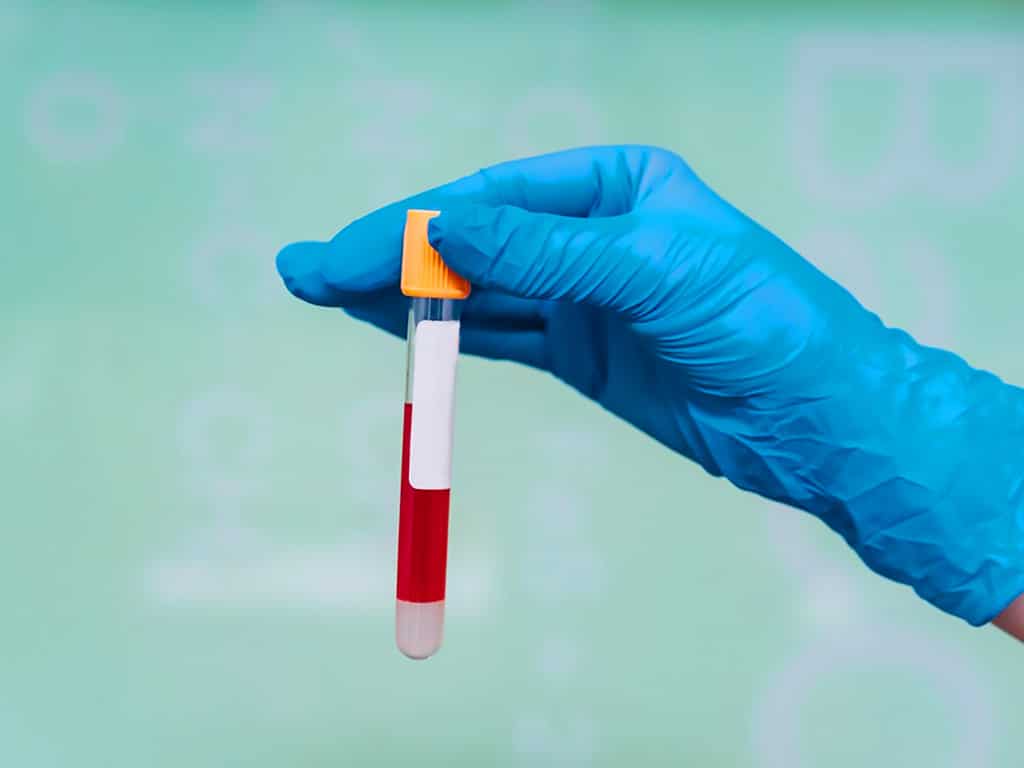
Weed, or marijuana, is a common recreational drug that can have various effects on the body. Many people use it to help them relax and soothe anxiety. However, it also carries a lot of potential health risks and harm when misused. Individuals may consume it by smoking, eating, or inhaling it. Hence, many ask, can weed be detected in a regular blood test? The short answer is yes. A blood test can detect recent use of the drug.
There are various ways to detect weeds in the system. The most common methods are urine tests and saliva tests. These procedures are quick and painless. They can provide rapid results through drug testing kits. However, these methods are vulnerable to false positives or false negatives. To minimise errors, many use a blood test for confirmation. This article will explore the blood testing for marijuana and how long it can stay in the system.
Can Weed Be Detected in a Regular Blood Test – Answer to the Question
Weed, or marijuana, is a drug from the Cannabis plant. It helps treat chronic pain and other severe conditions. However, some people use weed for recreational purposes, such as to achieve a sense of euphoria or relaxation. While marijuana may be legal in some areas, it is still illegal in others. As a result, many employers and organisations require drug testing to ensure a drug-free environment.
Many individuals who take it may be concerned if can weed be detected in a regular blood test. Yes, weed is detectable in a regular blood test. When someone consumes marijuana, THC (Tetrahydrocannabinol), the psychoactive component in the drug, enters the bloodstream within minutes to hours after use.
Additionally, the liver breaks down marijuana into various THC metabolites, including THC-COOH, which stores in fatty tissues. The detection of marijuana is possible through active and passive exposure. This means ingesting or inhaling the drug. Smoking or vaporisation allows THC to transfer from the lungs to the bloodstream.
Other Substances Detected
Blood analysis can detect the following substances:
- Amphetamines – Stimulant drugs that speed up the messages in the brain. It includes methamphetamines and ecstasy (MDMA).
- Cocaine – A stimulant drug that can increase energy and induce intense feelings of pleasure.
- Barbiturates – Depressant drugs that can induce sleep or reduce anxiety but have addiction and overdose potential.
- Opioids and opiates – Painkiller drugs, including heroin, morphine, codeine, and prescription medications like oxycodone and hydrocodone.
- Benzodiazepines – Anti-anxiety drugs that can induce relaxation.
- Phencyclidine – Hallucinogenic drugs that can cause distortions in perception and thought.
- Alcohol – A depressant substance that can impair judgment and coordination.

Can Weed Be Detected in a Regular Blood Test – How Do Blood Drug Tests Work?
How can weed be detected in a regular blood test? To understand the concept, we need to understand how blood drug tests work. When someone consumes drugs, including marijuana, the body processes the substances into various byproducts, including metabolites. These metabolites can remain in the system for varying lengths of time.
Blood drug tests work by collecting blood samples from individuals and analysing them for the presence of marijuana or its metabolites like THC-COOH. A technician or collector draws out a blood specimen from the vein of a person using needles. Then, they analyse the sample in a laboratory using various techniques. However, this form of testing has the most intrusive sample collection procedure.
The most common analytical technique is Gas Chromatography-Mass Spectrometry (GC-MS). GC-MS analysis works by separating and identifying different components in the sample. The components pass through a detector, which measures their concentration. Then, they measure the mass-to-charge ratio of the molecules, allowing for precise identification. This provides more accuracy than urine and saliva testing using immunoassays.
Handling of Test Results
A positive blood test result indicates that marijuana is present in the system. This result can have several legal repercussions and implications, especially in settings where marijuana use is illegal. In the case of drug driving, the person may face criminal charges, including fines, licence suspensions, and imprisonment.
In workplace drug testing, employees may receive suspensions, demotions, or even termination. It is worth noting that blood concentrations of THC are not sufficient to prove impairment. There is no standardised THC blood level that correlates with impairment. It can THC can remain in the blood even after the psychoactive effects have worn off.

Can Weed Be Detected in a Regular Blood Test – Detection Windows
After determining whether can weed be detected in a regular blood test, the second question is how long it stays in the blood. The detection window of marijuana in a regular blood test is typically within 24 hours. However, this depends on various consumption factors and individual elements. It is generally shorter than urine testing, with a detection period of up to 25 days.
Moreover, the period of detection of weed in blood is longer than in saliva tests. THC is detectable in saliva samples for up to 14 hours. Some evidence also suggests that oral fluid tests can detect THC from smoking for up to 30 hours after use. On the other hand, hair follicle tests offer the longest detection window of up to 90 days.
The presence of THC in the blood often indicates recent consumption. This detection limit is ideal for post-accident investigations or confirmation tests. Nevertheless, the metabolites can remain in the bloodstream for a longer period of time for regular or heavy users. Lastly, THC levels in the blood decrease rapidly through bowel or urine excretions.
Factors Affecting Detection Windows
Several factors can affect the detection window of weed in a blood test, including the frequency of use, method and amount of consumption, and individual metabolism. Chronic users may have higher concentrations of THC in their blood and may take longer to clear out of the system.
On the other hand, occasional users can eliminate THC within a few hours to a couple of days. In addition, the metabolic rate and the Body Mass Index (BMI) also play a significant role in metabolism. Individuals with higher body fat percentages may eliminate THC more slowly, leading to a longer detection period.
Conclusion
As the legalisation of marijuana continues to expand globally, many people are becoming more concerned about its adverse effects. Individuals asking can weed be detected in a regular blood test can make informed decisions regarding their drug intake. It can trace weed or THC compounds for 24 hours. However, this period can be longer for regular users. This is generally shorter than urine tests, which have an extended period of 25 days or 90 days from hair tests.
Nevertheless, several factors can affect the detection period of marijuana. Drug dosage and frequency of use are important considerations. Additionally, metabolism, body fat percentage, and route of entry also play a role in the maximum detection rates. Furthermore, laboratories perform typical GC-MS procedures to detect and quantify the presence of substances. The positive results of this test can have serious implications for the individual. Therefore, individuals need to be aware of the factors that affect cannabis drug tests.


















